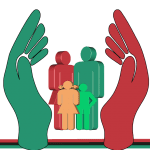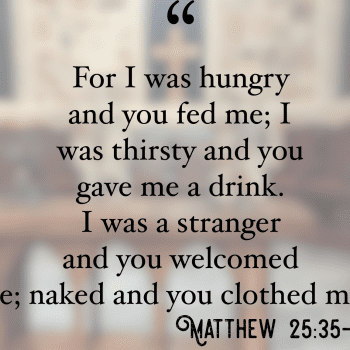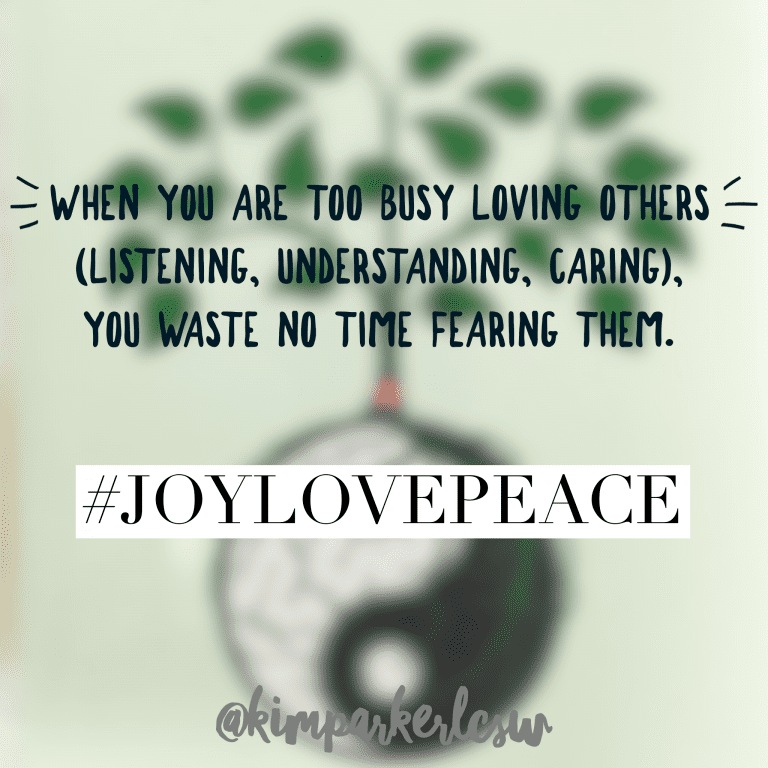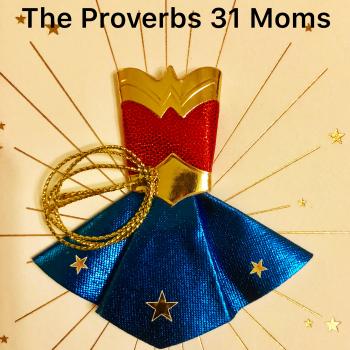This new year, why not give yourself the gift of peaceful relationships? Choosing people over politics requires some mental and emotional energy, as it is rarely achieved by merely avoiding conflicts or people that make us feel uncomfortable. Rather, we must be prepared to move a little out of our comfort zone because peaceful relationships involve engaging in more dialogue, less debates. More fellowship over meals, less marching against each other. More giving the benefit of the doubt, less distrust and hostility. More humility and vulnerability, less assumptions and guardedness.
Here are 10 practical ways you can choose people over politics:
1) Read articles from sources that are opposite from your political orientation. There’s a world of knowledge, information, and experiences out there. If we don’t intentionally seek to educate ourselves with various perspectives, not always based on skin color or sexual orientation, then we have less to relate to, fewer to connect with.
2) Join a variety of groups to increase cultural awareness and knowledge of other ways of living and thinking. Multiculturalism is a value to be actively pursued. After all, humans come in diverse ethnicities, nationalities, cultures, passions and persuasions (diversity of thought), etc… Generally, different groups have different sets of experiences.
3) Intentionally reach out to people you don’t normally agree with. Without a plan to connect to different people groups, plan on the same old same old. We resort to bubble living and insular thinking, leading to an “us against them” mentality. Those on the “left” can be extremely judgmental of those on the “right” and vice versa, those on the right may be just as judgmental of those on the left. Politicians need conflict to rally up voters and supporters. The rest of us are best served by keeping ourselves down to Earth and relatable with our neighbors and fellow countrymen.
4) Cultivate more individual relationships to increase intimacy and authenticity. In group settings, people tend to be more guarded, more performance oriented. Also, within a given group, there can be a diversity of perspectives so without personal, authentic connections, we miss the finer points of each unique person.
5) Do more face to face interactions, fewer virtual relationships. With in-person relationships, we see humanity–tone, facial expressions, body language. We can be more compassionate and forgiving in person when we sense another person’s feelings or spirit, which is difficult to grasp on a screen or in print. Individually and privately, people can be more honest and vulnerable, which enables more genuine connection.
6) Listen more, speak and write less. This is especially true for authors or bloggers–we have double work ahead of us. Remember that people want to be heard, too, not just to be taught. Though we may belong to different groups as a way to feel connected to the larger society, we are unique individuals with nuanced thoughts and beliefs.
7) Stick to personal experiences, feelings, and thoughts–avoid sermons or lectures. Assume that the other person is equally intelligent, equally good, and equally virtuous with you. No need to talk down to anyone.
8) Ask questions to get to know the other person better. Asking helps us to make fewer assumptions about people. Assumptions lead to misunderstandings, perpetuating unhelpful stereotypes and disconnection. People love to talk about themselves. We want to make sense, have credibility, which allows us to be accepted, even respected.
9) Remind yourself that there’s always more to learn. Every day you can learn something new. My father modeled humility for me by being willing to learn from his kids. People are multifaceted and marvelous mysteries. Adults can harness the wisdom occasionally exhibited by children, while children can sometimes relate the wounded child inside each adult.
10) Think of the other person as a brother or sister from another parent. After all, we are family. We belong to the human race and we share a small world. We have much more in common than we have differences. As the yin yang symbol clearly details, there’s a little black inside white, and a little white inside black. And of course, in the circle of life, there are all shades of gray.
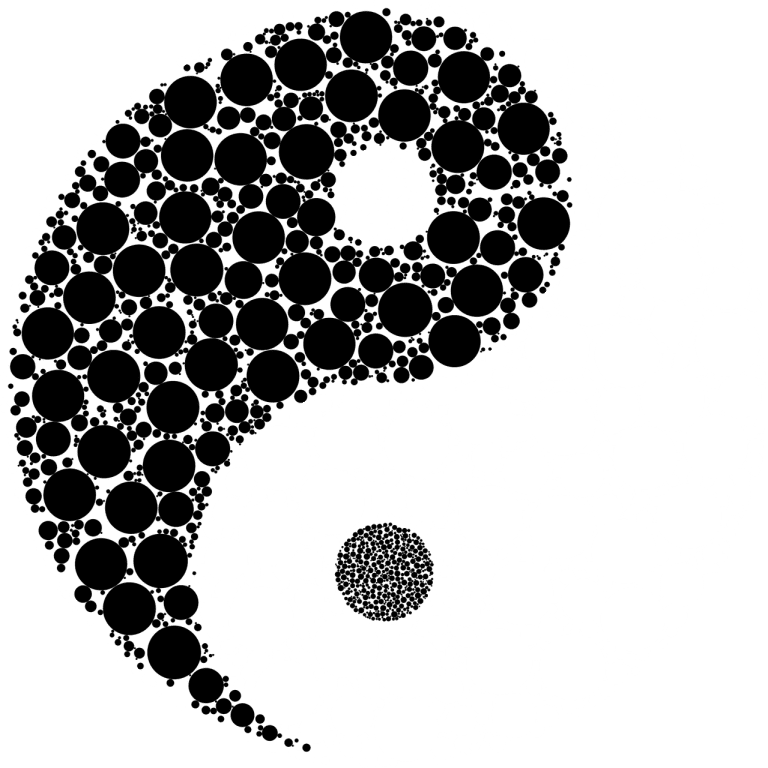
Politics is based on drawing distinctions, lines, boundaries, laws, which are all good for the flourishing of the collective human society. Sometimes, politics require making the prudent choices to protect one’s society from destruction or destabilization.
Choosing people over politics means to cultivate more horizontal relationships while acknowledging that certain vertical relationships are necessary and important for human society. The trick is to maintain the proper balance of vertical relationships with horizontal ones.
If you are a Christian, it means seeing nonChristians as potential believers by the grace and mercy of God shining through you. It also means seeing the divine in unexpected people and places.
If you are an atheist or agnostic, it means seeing religious folks, though fallible and sometimes uninspiring, as possibly possessing some truth that you might be currently missing.
If you are a political liberal or progressive, it means seeing conservatives as interesting people whose brains you can pick, whose hearts you can mine.
If you are a political conservative, it means seeing liberals as interesting people whose brains you can pick, whose hearts you can mine.
Oops, did I just repeat myself? Two sides of the same coin. Peace, people.


